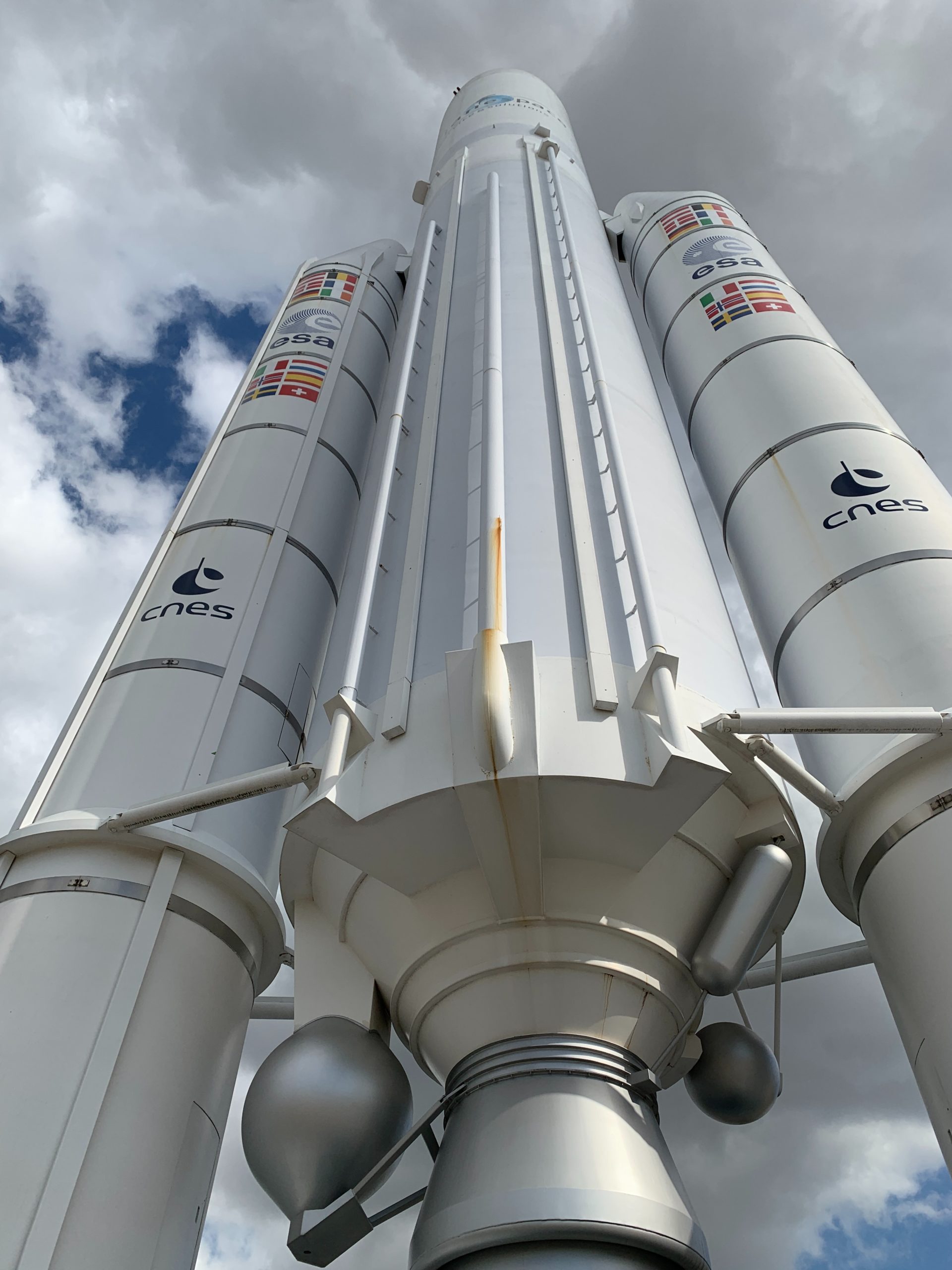Insights
Commerce and Space: The New Generation of the Final Frontier.

On February 18th, across the world, people paused for seven minutes to watch the rover Perseverance enter the Martian atmosphere. It hurtled toward the surface at unthinkable speeds, deliberately disassembling itself in the air, angling just so in order to avoid burning up as it descended and ending the mission before it could even begin.
But Perseverance did not falter. The rover safely landed in the Jezero Crater on the Red Planet, and soon tweeted, like a friend or loved one might send a text after a long flight: “I’m safe on Mars. Perseverance will get you anywhere. #CountdownToMars.”
Amid the celebration, this scientific triumph is a reminder to consider the fascinating—and evolving—ways we communicate about space exploration and the burgeoning space industry. What can we learn from how the media, private firms, and public sector talk about space? What’s changed over the years, and why?
Back Then
At the beginning of the spacefaring era, space-related communications fell squarely in the purview of world leaders, not private enterprises. When the Soviet Union launched the first artificial satellite, Sputnik I, its pulsing radio signal—the contemporary equivalent of a tweet—precipitated a political and scientific crisis in the United States. American illusions of technological superiority over the Soviet Union were shattered, and the Space Race was on.
Since President Eisenhower, every presidential administration has framed the mission of NASA differently. Most have touted the work as a matter of national pride, a program with scientific benefits not necessarily tied to material gains. Yet presidents often cast the prestige of the program and subsequent economic growth as two sides of the same coin. Take President Kennedy’s famous quote:
“We choose to go to the Moon in this decade and do the other things, not because they are easy, but because they are hard, because that goal will serve to organize and measure the best of our energies and skills, because that challenge is one that we are willing to accept, one we are unwilling to postpone, and one which we intend to win, and the others, too.”
Later in the very same speech, Kennedy made the economic case for space exploration, which he argued had “already created a great number of new companies, and tens of thousands of new jobs. Space and related industries are generating new demands in investment and skilled personnel.” President Kennedy was verbally laying the groundwork for the future of private space exploration. As the Cold War drew to a close, the political motivation behind the space program began to fade. NASA continued its work, but without the Soviets to challenge American national pride, the Space Race slowed to a crawl. Why spend taxpayer money taking the next giant leap if NASA didn’t have anything to prove? The answer is obvious: profit. Now Whereas the exploration of space was once the sole domain of nation-states, the private sector has set its eyes on the stars since the turn of the century, turning what was once a chiefly scientific endeavor into a business venture. The ramifications are significant. The commercialization by companies—such as SpaceX, Blue Origin, and a litany of others—has infused the language of space exploration with that of American capitalism. When Blue Origin and Amazon founder, Jeff Bezos was asked why he’s involved in the space business, he responded:“What I want to achieve with Blue Origin is to build the heavy lifting infrastructure that allows for the kind of dynamic, entrepreneurial explosion of thousands of companies in space that I have witnessed over the last 21 years on the internet.”
The adventure of entrepreneurship has become synonymous with the final frontier. But this mercenary approach is not without merits—the private sector has brought innovative solutions to old challenges that traditionally hindered space flight, like scale and cost. NASA is no stranger to private aerospace companies. In fact, NASA has a long history of working with contractors similar to SpaceX, a trend that is not without its own prominent, and somewhat contradictory, critics. But as the industry grows—and industry titans take on celebrity status—the public hears as much about SpaceX’s exploits as it does those of NASA. Take, for example, this recent headline from the Verge: ”SpaceX’s Crew Dragon performing ‘beautifully’ on ISS as NASA eyes a backup ride.” For a headline to highlight a private contractor participating in a NASA mission before it mentions the astronauts themselves is a dramatic shift in emphasis. Readers are as fascinated with the private companies shepherding the astronauts as they once were with the astronauts themselves. The emergence of the aerospace industry as an equal partner in the exploration of space irrevocably changed how we communicate about it. People will always be captivated by the stars; headlines trumpeting the next rover landing, successful docking at the International Space Station, or manned missions to Mars will never fail to engender excitement. But the frameworks used by everyone from presidents to the media have changed. Space is cool. But so is business.